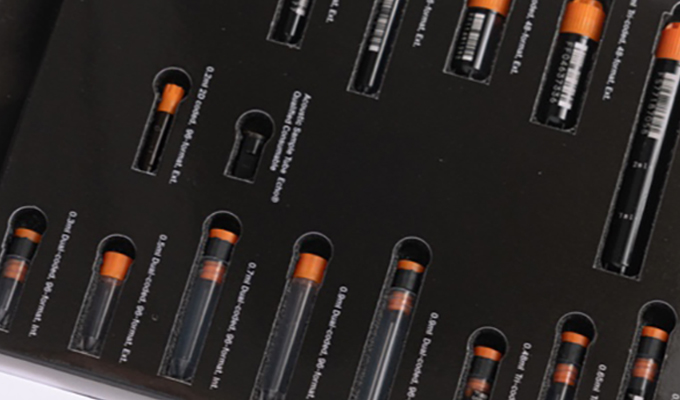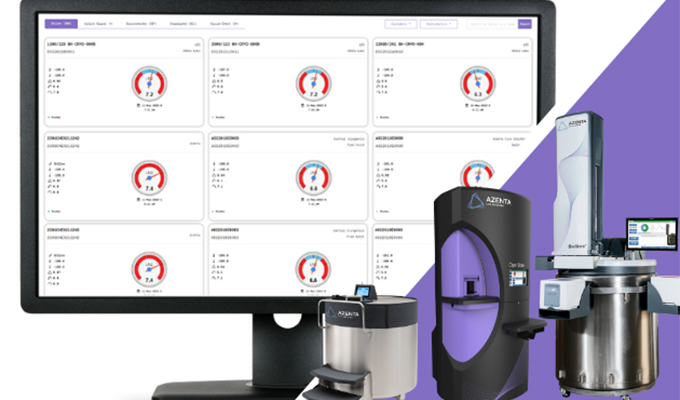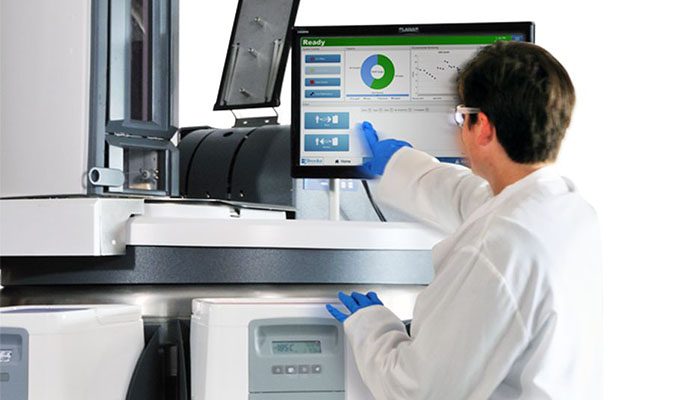In today’s fast-paced and demanding scientific and technological landscape, laboratories and research facilities heavily rely on complex instruments and equipment to carry out their work efficiently. These instruments, ranging from analytical devices to automated cryogenic storage systems, are essential for storing valuable samples, completing analysis, managing data, and running experiments.
However, to ensure smooth operations and minimize downtime, it is crucial to have service and support agreements in place for all your instruments. Such agreements provide many benefits and help keep your lab operations running smoothly.
Six Reasons Service Agreements Are Good Investments
Consider these six reasons to include a service and support agreement when you purchase any laboratory or sample automation equipment ranging from tube decappers to cryostorage systems.
1. Assurance of uptime
One of the primary reasons for having service agreements is to ensure instrument uptime and reliability. Instruments can encounter technical issues, undergo wear and tear, or require routine maintenance. With a service agreement, organizations have access to timely and regular maintenance, calibration, and repairs from the manufacturer or an authorized service provider.
“Regular servicing helps prevent unexpected breakdowns, ensures instruments are operating optimally, and extends their lifespan. It also minimizes the risk of data loss, expensive repairs, and delays in research projects,” says Heather Skaar, Director of Global Services at Azenta Life Sciences.
2. Assistance from experts
Service agreements generally provide access to technical support from qualified experts. When laboratories encounter challenges or have questions about instrument operation or troubleshooting, having a dedicated support team readily available can be invaluable. Technical experts can offer remote assistance, guiding users through complex procedures or resolving issues promptly.
“Relying on technical experts saves time and effort, allowing researchers to focus on their core work without prolonged interruptions or the need to become experts in instrument troubleshooting,” added Skaar.
3. Access to updates
Another significant advantage of service agreements is access to software updates and upgrades. In today’s technology-driven world, instrument software plays a critical role in data acquisition, analysis, and instrument control. Manufacturers continuously refine and enhance software capabilities to improve instrument performance, add new features, and address potential security vulnerabilities.
“Through service agreements, laboratories can ensure they stay current with the latest advancements and maximize the functionality of their instruments,” says Brian Wood, Manager, Global Services at Azenta.
4. Priority response
Service agreements often include priority response times for service requests. When instruments require immediate attention, such as during critical experiments or time-sensitive analyses, having priority access to service technicians can be crucial. Rapid response times minimize instrument downtime, allowing researchers to resume their work promptly and maintain productivity.
5. Financial prudence
Financial considerations are also important when it comes to service and support agreements. Unexpected instrument repairs or maintenance costs can strain laboratory budgets.
“With service agreements, organizations can have predictable and manageable costs for instrument maintenance and repairs,” said Wood. “Service agreements provide a clear breakdown of services covered, costs, and terms, enabling laboratories to budget effectively and avoid unexpected expenses.”
6. Peace of mind
Additionally, service agreements can offer peace of mind and assurance. Laboratories investing in expensive and complex instruments often rely on them for critical research, testing, or regulatory compliance.
“Having a comprehensive service and support agreement in place reassures researchers that their instruments are backed by reliable maintenance, repairs, and technical expertise,” says Skaar. “It instills confidence in the instrument’s performance, accuracy, and data reliability.”
In conclusion, service and support agreements are essential for maintaining the smooth operation, reliability, and longevity of instruments in laboratories and research facilities. These agreements provide access to regular maintenance, calibration, and repairs, ensuring instrument uptime and preventing unexpected breakdowns. With a service agreement in place, you gain timely access to technical support, software updates, and priority response times, minimizing downtime and maximizing productivity.
Furthermore, service agreements provide financial predictability and peace of mind, enabling researchers to focus on their work and achieve their scientific goals effectively. Investing in service and support agreements for instruments is a wise decision that helps ensure your lab operations stay running effectively.
Want to know more about Service Agreements provided by Azenta Support Services?










